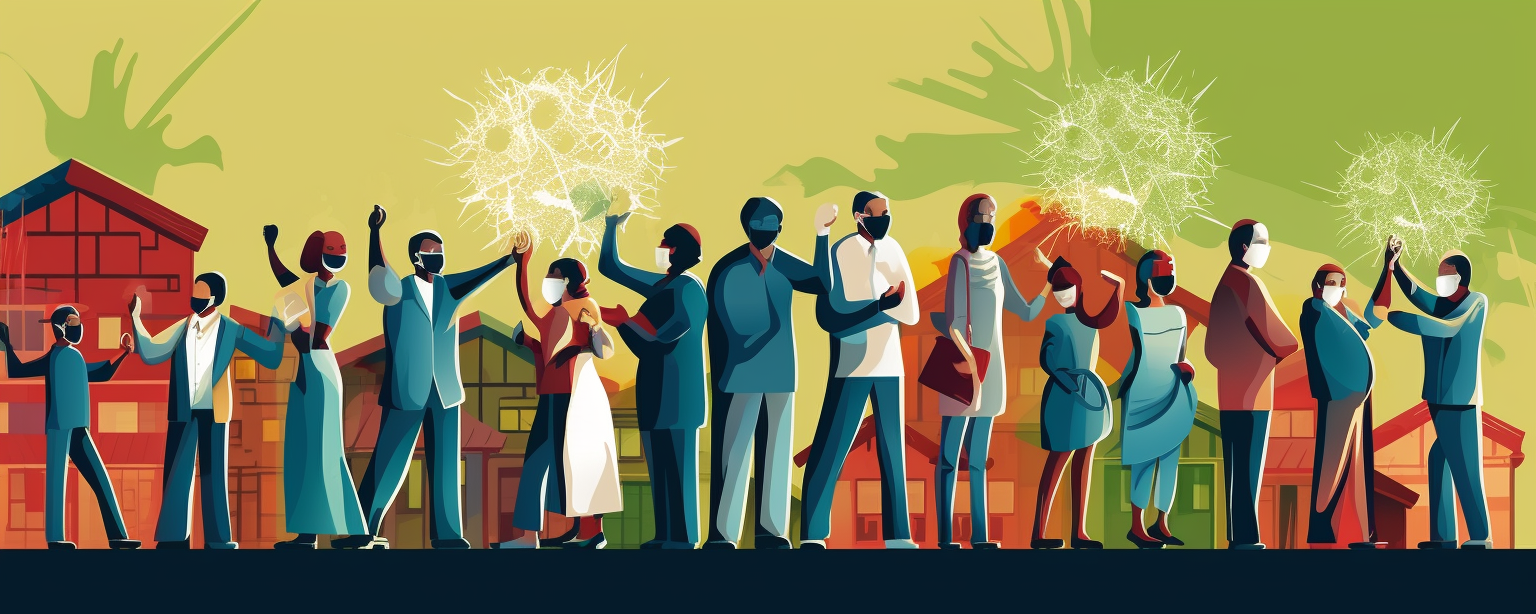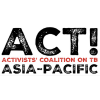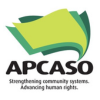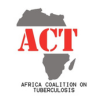
What is Communities in Pandemic Preparedness and Response (COPPER) Project?
COPPER is the 2nd phase of the Global Fund’s Community Engagement (COPPER CE) Strategic Initiative to the increasing need for communities to participate in the pandemic preparedness and response (PPR). Under its first phase, Community Engagement in Pandemic Governance (CELG), we learned that:
- Protocols to ensure diversity of last-mile populations (LMP) needs to be defined and in place prior to the initiation of projects. (e.g. in Kenya, the diverse needs, including the types and severity of these needs, were identified in the situational analyses)
- Multistakeholder partnerships and Community and CS coalitions need to be established/strengthened to support collaboration and coordination
- Governments and relevant stakeholders, including other civil society organisations who are or will be working with LMP, need to be more flexible and adaptive to the realities and needs of LMP to be able to respond to their most pressing needs. (e.g. in Cambodia, timing of activities needs to be considered to avoid conflicting with working hours of the construction workers who were their LMP).
- PPR literacy is critical for engagement. There is need to invest in PPR tools, resources and technical support to increase knowledge for engagement on PPR governance and decision-making platforms.
With this background, COPPER, which will be implemented from April 2024 – December 2025, aims to achieve these four objectives under 3 themes by the end of 2025:
Build Knowledge and capacity of communities on PPR
- Ensure communities have access to accurate and timely information, tools and resources on PPR.
- Strengthen capacity of communities at national level and facilitate their engagement in country level PPR decision-making fora.
Strengthen meaningful community engagement in PPR governance
- Support meaningful community engagement in PPR governance, implementation and oversight including, national level multistakeholder PPR processes and mechanisms, CCMs, national intergovernmental JEEs and SPAR platforms
Support coordination, evidence generation and use
- Enhance coordination and networking both within the traditional HTM communities and in partnership with PPR actors to create a shared PPR vision that integrates health equity, human rights, and gender equality in agile and responsive systems for health.
By the end of 2025, COPPER envisions that communities and civil society effectively engage in country level processes and mechanisms related to pandemic preparedness and response (PPR) that ensures national PPR policies, strategies and programs integrate health equity, human rights, and gender equality.
The COPPER project is being implemented in two-folds:
- Regionally through the COPPER Knowledge Hub, which includes promotion of PPR-related knowledge, capacity-building opportunities, and learning exchange sessions (LESSONS) through webinars and through this website
- Country-level implementation in 8 countries in Africa and Asia-Pacific: Cambodia, Cameroon, Kenya, Indonesia, Liberia, Nigeria, the Philippines, and Sierra Leone
Main activities under this project includes the following:
-
- Conduct community engagement assessments and mapping out TB key and vulnerable communities as well as organisations working with these specific populations, COVID-19 and pandemic prevention, preparedness, and response (PPPR) processes and platforms and provide recommendations on how TB key and vulnerable communities can engage at various levels from grassroots, subnational, and national levels
- Development of a costed community engagement plan that includes TB key and vulnerable populations and national COVID-19 and PPPR platforms and processes with linkages to various constituencies
- Develop the capacity of TB key and vulnerable populations on Global Fund, Community, Rights, and Gender principles, approaches, and strategies, as well as needs and strategic advocacy
- Implement advocacy activities that establish linkages between representatives and constituencies on various platforms
- Engage in community-led monitoring and TB, COVID-19, and PPPR decision-making governance and accountability bodies
- Document and share lessons learned and key recommendations through the CELG Asia-Pacific Knowledge Hub
Learn more about COPPER through the explainer video below.



